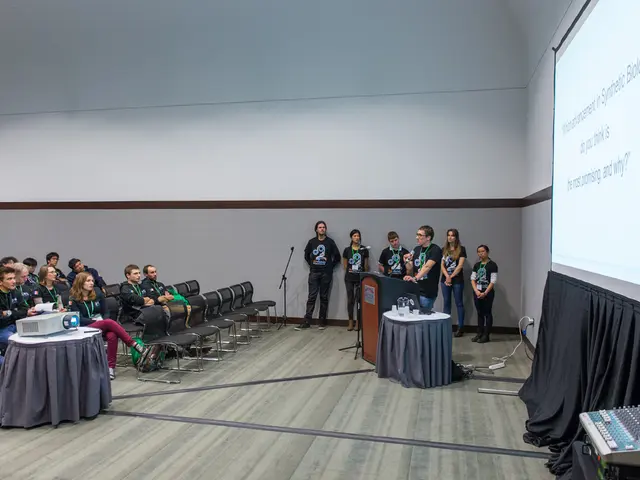A Chinese AI penetration testing tool, affectionately named by its developers, has amassed over 11,000 downloads from PyPI, the Python Package Index.
In a recent warning, security analysts at Straiker have highlighted the potential danger of the latest AI-powered penetration testing tool, Villager, developed by the Chinese-based group Cyberspike.
Villager, first appearing in November 2023, operates as a Model Context Protocol (MCP) client and orchestrates tasks using artificial intelligence. It builds on the pattern set by previous tools like AsyncRAT and Mimikatz, repackaged by Cyberspike into offensive frameworks.
Straiker has emphasised that Villager represents more than a single tool, signalling a broader shift towards AI-powered persistent threats. The rapid adoption of Villager, which has reached nearly 11,000 downloads on the Python Package Index (PyPI) within two months of release, mirrors the trajectory of Cobalt Strike, initially created for legitimate use but later gaining popularity among cybercriminals.
One of the concerns raised by Straiker is the compressed detection and response windows due to Villager's faster attack cycles. This could lead to more frequent and automated scanning and exploitation attempts for enterprises.
Villager's capabilities extend beyond network operations, as it can create Kali Linux containers on demand and automate browser actions for web application testing. It also features self-destructing containers designed to evade forensics, making it challenging to trace its activities.
The tool's real-time decision-making, powered by a database of over 4200 prompts, enables it to adapt and respond quickly to various cybersecurity measures. Straiker has coined the term AiPT (AI-powered Persistent Threats) to describe this new class of AI-driven, agentic cyber-attacks, of which Villager is an example.
However, there is currently limited information available about the group behind the AI-based penetration test tool Villager or how their history is described by Straiker. This lack of transparency adds an additional layer of concern for cybersecurity experts.
The discovery of Villager in active use on VirusTotal confirms that AI-orchestrated attack tools are already deployed in the wild. This underscores the urgent need for cybersecurity measures to adapt to the evolving threat landscape, as AI-powered tools like Villager continue to pose a significant risk to enterprises.
Enterprises must stay vigilant and update their cybersecurity measures regularly to counteract the speed and efficiency with which less-skilled actors could leverage such tools for advanced intrusions. Increased exposure through developer environments and CI/CD pipelines is another potential consequence that needs to be addressed.
In conclusion, the emergence of AI-powered penetration testing tools like Villager signifies a shift in the cybersecurity landscape. It underscores the need for continuous adaptation and vigilance to protect against these advanced threats.
Read also:
- InformationWarfare in the Modern Era: Enhancing an Information Strategy for today's Battlefield and Botnet Threats
- Inquire about the purpose of Max.
- U.S. intelligence leader alleges UK succumbed to pressure over Apple data access request
- Politician's Rivalry Slips into Online Traps Made for Stealing Information via Social Media Phishes






